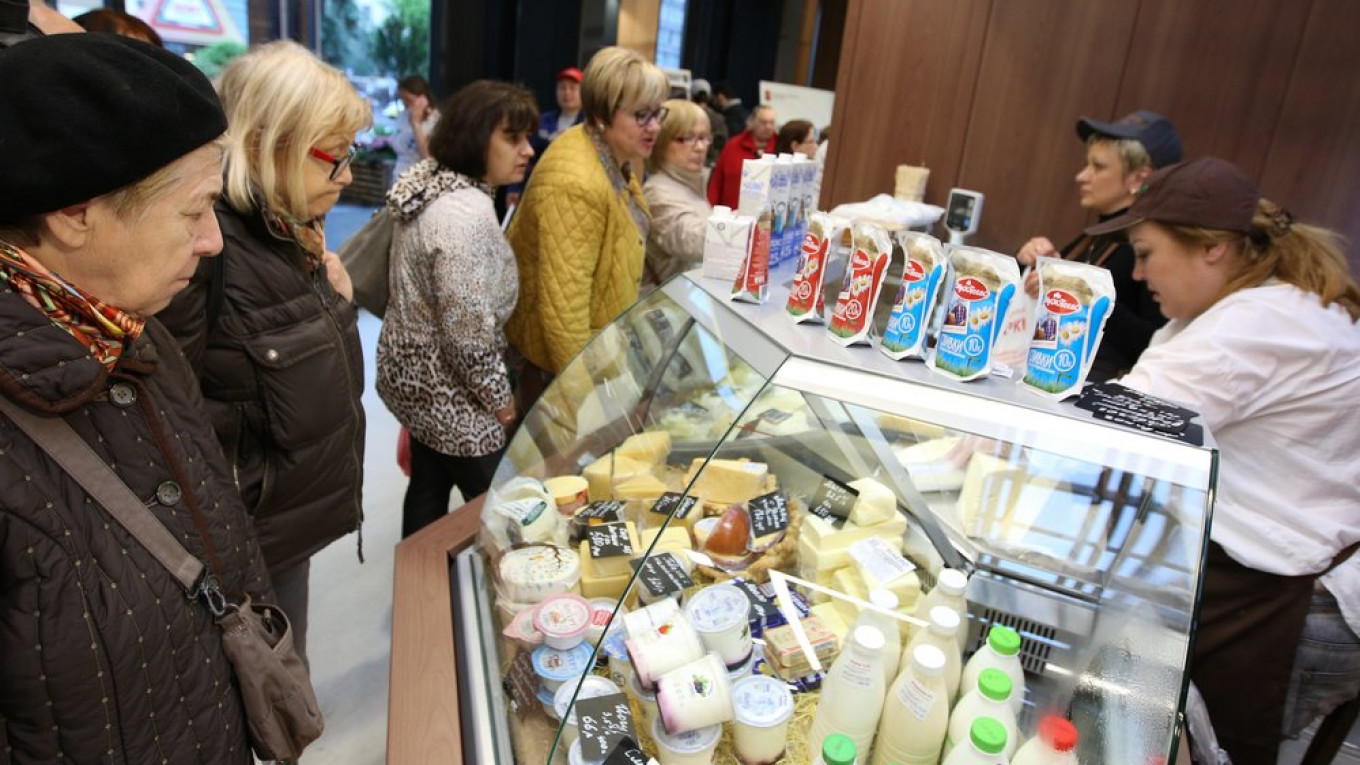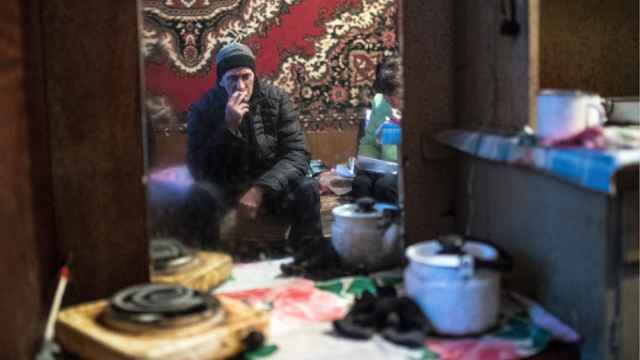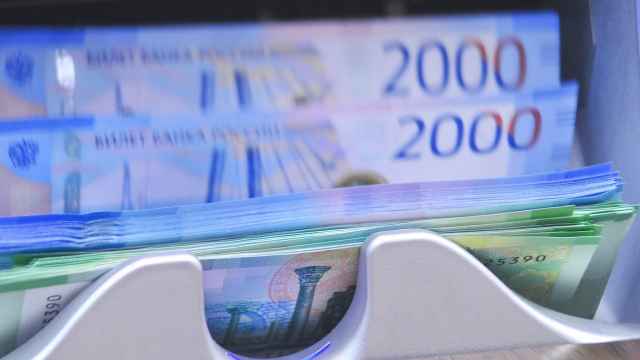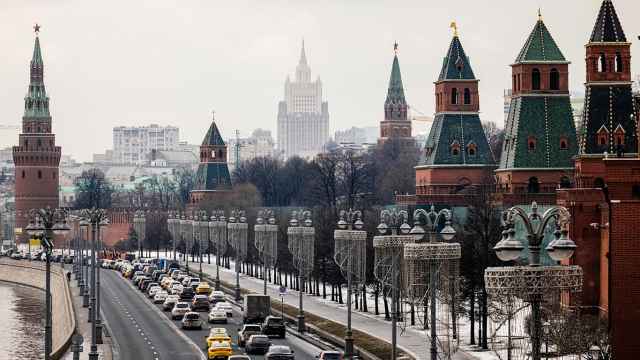Almost two-thirds of Russian households only have enough money to buy food, clothes and other essential items, the state statistics agency Rosstat has found.
The proportion was slightly down on last year, with the share of families saying they could not afford to buy durable goods such as a new computer or household appliance, at 63.5% in the second quarter of 2019, down from 64.9% during the same period last year, the Russian RBC news site reported.
The improvement was led by a fall in the numbers of poorest households — those reporting they can only afford food and would struggle to buy new clothes — from 16% to 14% over the last year.
Rosstat said this was a “positive trend … due to a reduction in the share of the least affluent groups of the population, and their transition to higher income.”
Official statistics published last week by Rosstat which showed a surprise 3% climb in real disposable incomes raised scepticism from economists who questioned their veracity and highlighted the findings as politically convenient.
The agency compiled these new statistics by asking thousands of households to keep a spending diary for a period of two weeks, then assessing each household’s financial means and placing them into a category based on the type of goods and services they could afford to purchase without encountering financial difficulties. Just 2.7% fell into the top classification — households that could buy everything they need without problems.
Rosstat also found that households reported they were becoming less reliant on loans and credit cards for their day-to-day spending. Borrowed funds accounted for 9.1% of household spending, down from 11.1%. The fall comes amid a drive by the central bank and Economy Ministry to address the boom in the use of payday loans by Russians, which has been growing at an annual rate of more than 20% in recent years.
A Message from The Moscow Times:
Dear readers,
We are facing unprecedented challenges. Russia's Prosecutor General's Office has designated The Moscow Times as an "undesirable" organization, criminalizing our work and putting our staff at risk of prosecution. This follows our earlier unjust labeling as a "foreign agent."
These actions are direct attempts to silence independent journalism in Russia. The authorities claim our work "discredits the decisions of the Russian leadership." We see things differently: we strive to provide accurate, unbiased reporting on Russia.
We, the journalists of The Moscow Times, refuse to be silenced. But to continue our work, we need your help.
Your support, no matter how small, makes a world of difference. If you can, please support us monthly starting from just $2. It's quick to set up, and every contribution makes a significant impact.
By supporting The Moscow Times, you're defending open, independent journalism in the face of repression. Thank you for standing with us.
Remind me later.






